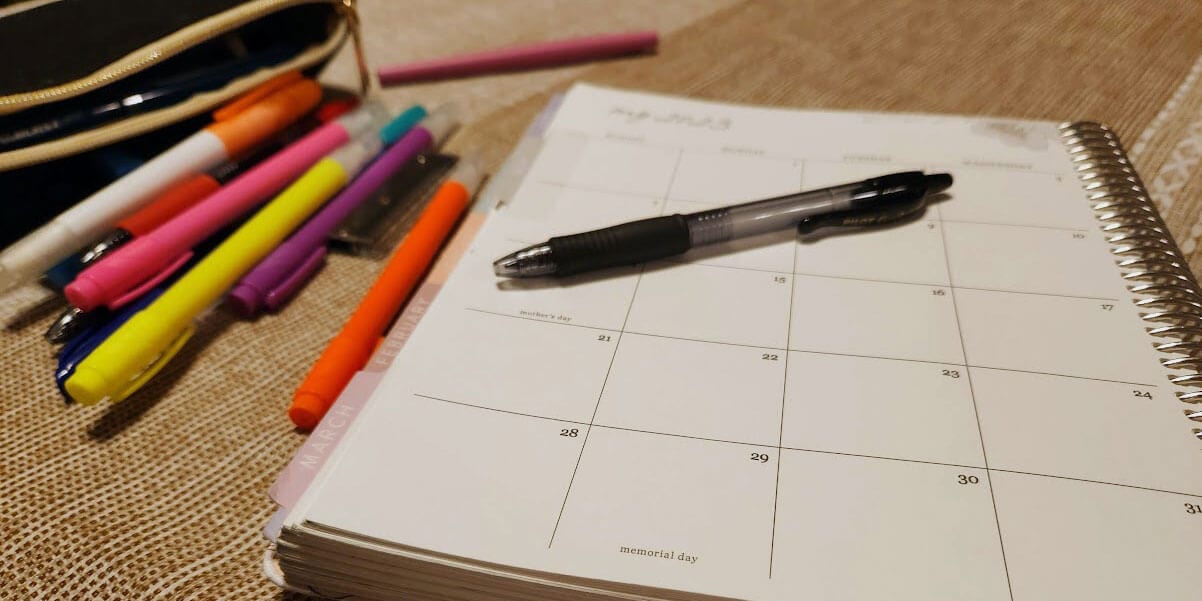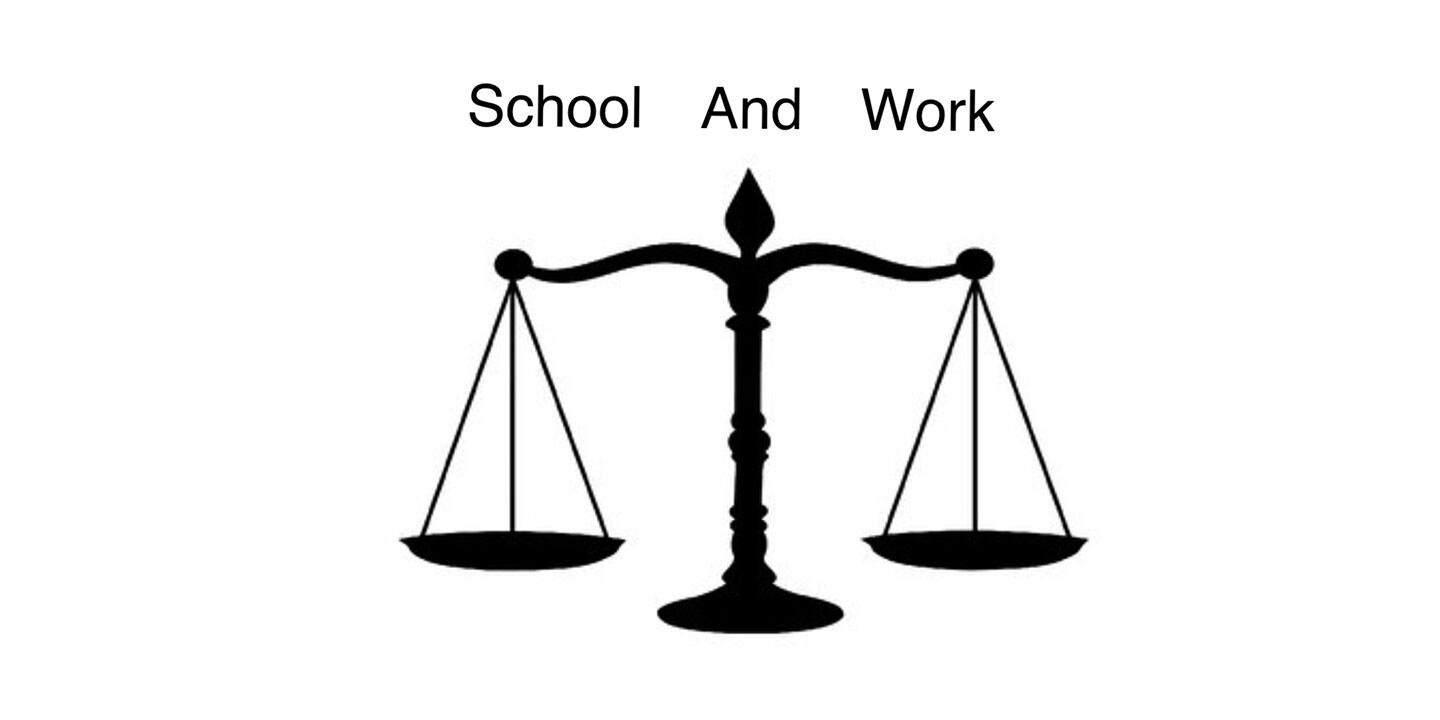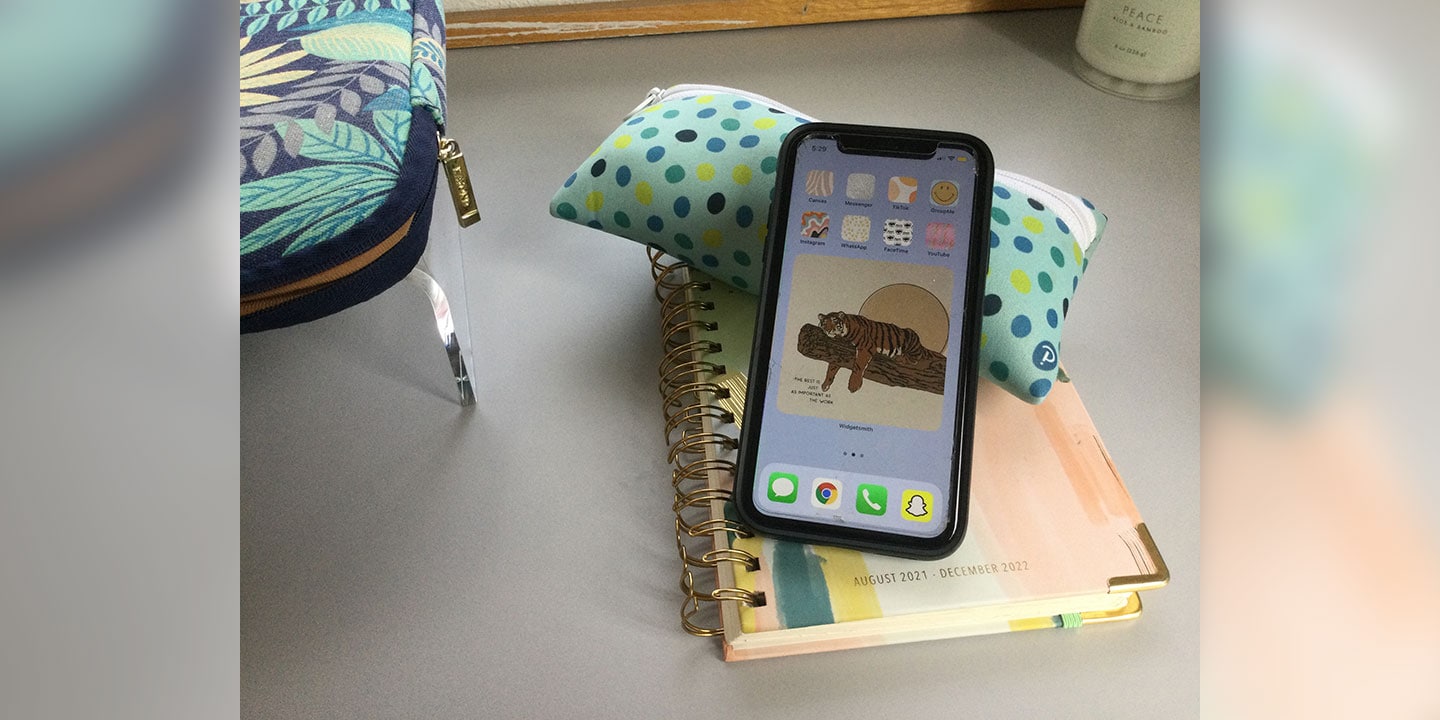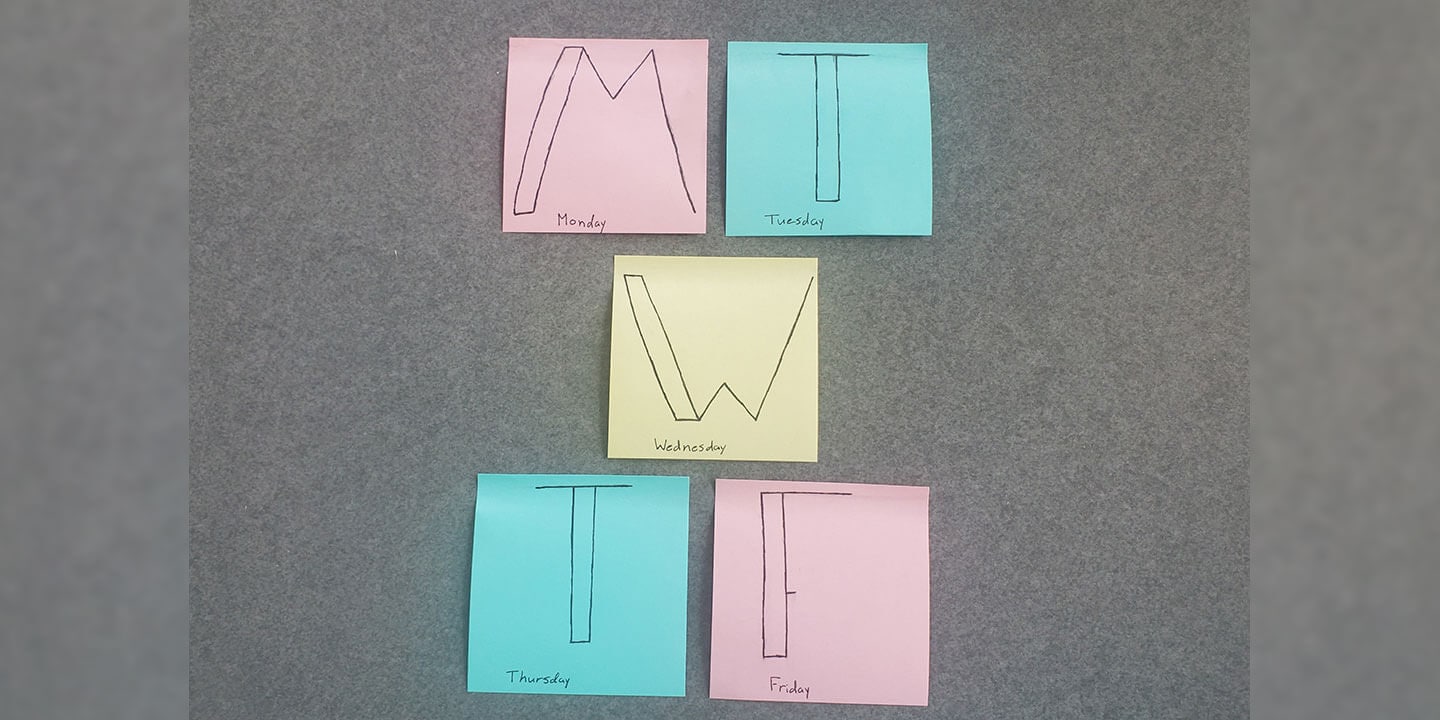
Finding Your College Work-Life Balance: Where to draw the line
As a college student, it is nearly impossible to juggle your majors and minors, organizations you’re involved in, stay connected to your family back home, any jobs you may have, and time for yourself. Arguably, these four years may be some of the busiest of your entire life. But it can also be the most fun, enjoyable, and memory filled time of your life, if you balance it correctly. So, it’s no surprise that one of the biggest concerns college students have impacting their college experience is how to manage their work-life balance. Here are three tips curated from current college students that can help you achieve that balance.
Say It with Me: Google Calendar Is Your Best Friend
Keeping yourself organized is not only helpful for the obvious reasons, but it can help you visualize where you’re spending your time. Whether it’s Google Calendar, Outlook’s calendar, or anywhere in between, having a calendar you can keep up with quickly and easily can be the biggest game changer to organizing your schedule.
Even further is creating a calendar that you can color code. By color coding between work, class, organization, and social responsibilities, you can physically see where you are delegating most of your time. For me, I try to balance my weeks so that each of those groupings are about equal, including time I set aside for homework and studying. Seeing your time priorities to these different groups delegated by color can help you begin the process of better balancing your time.
Find Organizations and Classes You Love
It’s fair to say everyone’s goal in life is to make their job feel like anything but. Start exploring in college – from taking a variety of classes, joining organizations, and everywhere in between. You have more freedom than ever before in the classes that you take, organizations you’re involved in, and what you spend your days doing. Though that can be a dangerous line to tow, it’s an amazing opportunity to test out different things and find your “fit.” It allows you to get involved with jobs and organizations that are fun for you, and to do it with your friends so that “work” can feel more fun. In turn, this can help bridge the gap between work and stress, and social and fun opportunities.
Set Firm Boundaries
As many tips as I can give you, there is nothing that will ruin your work-life balance faster than if you don’t have firm boundaries. College is filled with so many opportunities, and people who want to hang out with you or get involved in this club or that organization or take that class. I encourage you to make the most out of your 4-year experience, and pack it with as many memories as possible. That being said, if you do not set firm boundaries for yourself, or firmly set aside time for yourself or what is most important to you, there is no “fixing” your work life balance. Even a schedule packed with the most fun activities and things that excite you will become mundane if you don’t protect your own priorities and reserve your own boundaries.
These three tips – using a calendar, exploring different classes and clubs, as well as setting personal boundaries – will go a long way in helping you find that sought-after balance and make the most of your collegiate experience.
Do you have a compelling story or student success tips you’d like to see published on the Pearson Students blog? If you are a college student and interested in writing for us – click here to pitch your idea and get started!







